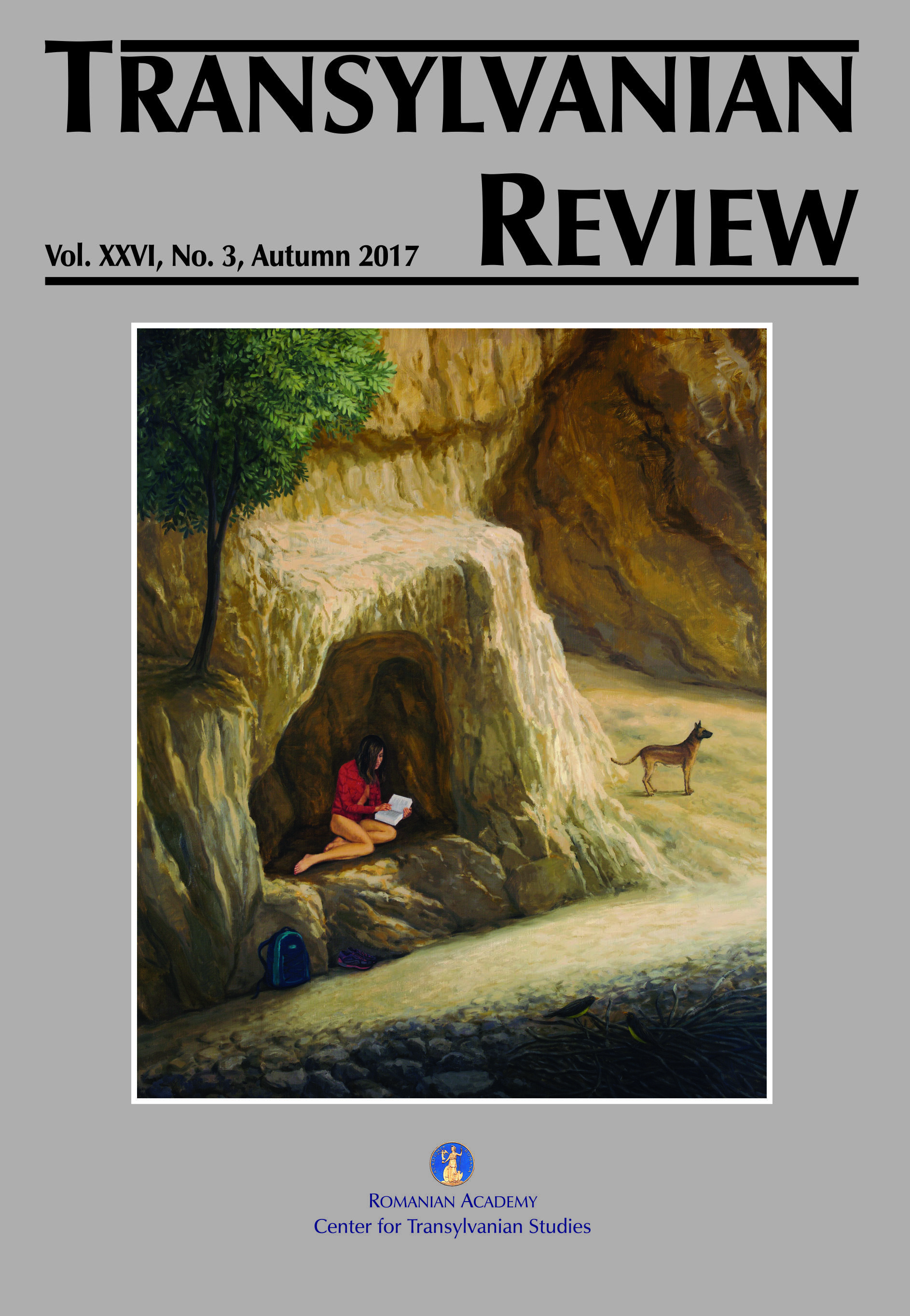The Irenical Impact of David Pareus’ Work on the Hungarian Protestant Churches
The Irenical Impact of David Pareus’ Work on the Hungarian Protestant Churches
Author(s): Olga LukácsSubject(s): Christian Theology and Religion, Cultural history, History of ideas, Middle Ages, History of Religion
Published by: Academia Română – Centrul de Studii Transilvane
Keywords: David Pareus; Philippism, Irenicism; Calvinist theology in Transylvania; Itinerarium Catholicum
Summary/Abstract: The Irenical Impact of David Pareus’ Work on the Hungarian Protestant Churches – The irenical movement was the sum of the ideas concerning the unity of faith of the Protestants and proposing their institutional reunification. The theorist of the 17th century irenical movement was David Pareus (1548–1622), a professor at Heidelberg University, whose irenical aspirations are formulated in the work called Irenicum. During the Transylvanian and Hungarian irenical movement (from about 1604 to the early 1630s) a socially and sociologically well-defined group of Reformed preachers, the followers of Pareus, held leadership positions in the Reformed Church, and had a decisive ideological impact on the Transylvanian royal court and the aristocratic circles of Hungary. The union of the two Transylvanian Protestant Churches was circulated as a possibility but, due to the unfolding historical events, the attempts in this respect were unsuccessful.
Journal: Transylvanian Review
- Issue Year: XXVI/2017
- Issue No: 03
- Page Range: 38-53
- Page Count: 16
- Language: English

